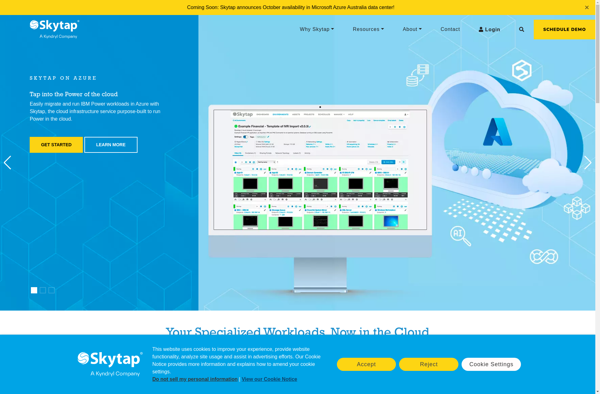MicroCloud

MicroCloud: Open-Source Private Cloud Computing Platform
An open-source private cloud computing platform allowing simple web-based deployment of virtual machines and containers, aiming to provide a self-hosted alternative to public cloud providers.
What is MicroCloud?
MicroCloud is an open-source private cloud computing platform built using proven open-source technologies. It aims to provide users with an easy way to deploy virtual machines and containers in their own private cloud infrastructure, without the cost and privacy concerns of public cloud providers.
At its core, MicroCloud uses libvirt and KVM for virtualization, LXD for container deployment, Ceph for storage, and OpenStack components for management. The web-based interface provides a simple way to deploy virtual infrastructure, without the need to learn complex command line syntax.
Some key features and benefits of MicroCloud include:
- Easy web-based deployment of virtual machines and containers
- Built on proven open-source virtualization and cloud platforms
- Supports KVM and LXD for virtual machines and containers respectively
- Integrated Ceph storage backend with multi-node and RAID support
- Can run entirely on commodity hardware
- Supports live migration of KVM VMs between hosts
- Ability to add and remove nodes easily
- Suitable for small to medium-sized private clouds
- Completely open-source and available free of cost
Overall, MicroCloud provides a lightweight, flexible, and cost-effective way for organizations and individuals to run their own on-premises private cloud. It is an attractive alternative for those seeking the self-service capability and scalability of cloud computing within their own infrastructure while avoiding the cost, privacy, and vendor lock-in issues of public cloud services.
MicroCloud Features
Features
- Web-based management interface
- OpenStack-based virtual machine management
- LXD-based Linux container management
- Built-in object storage
- REST API
- Role-based access control
- High availability support
Pricing
- Open Source
- Free
Pros
Cons
Official Links
Reviews & Ratings
Login to ReviewThe Best MicroCloud Alternatives
Top Network & Admin and Cloud Computing and other similar apps like MicroCloud
Amazon Web Services

Microsoft Azure

Linode

Google Cloud Platform

OpenStack

Amazon Elastic Compute Cloud
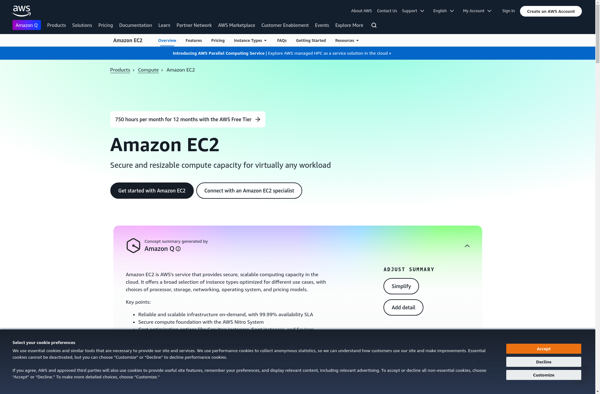
Vmango

VirtEngine
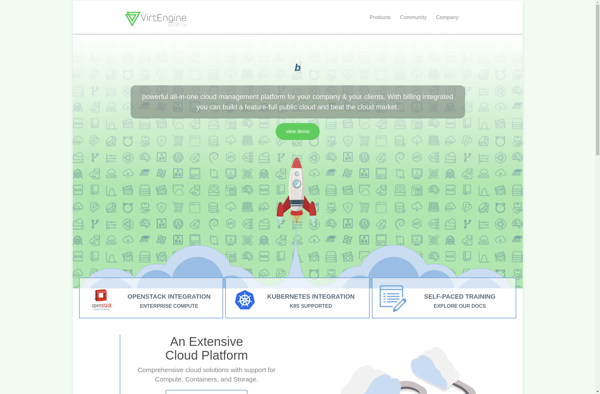
Google App Engine

Danube Cloud
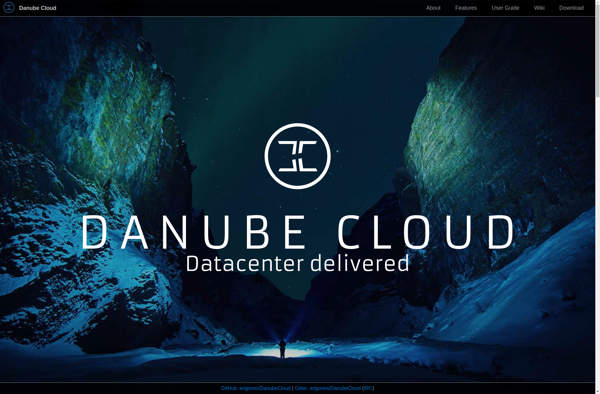
XCP-ng
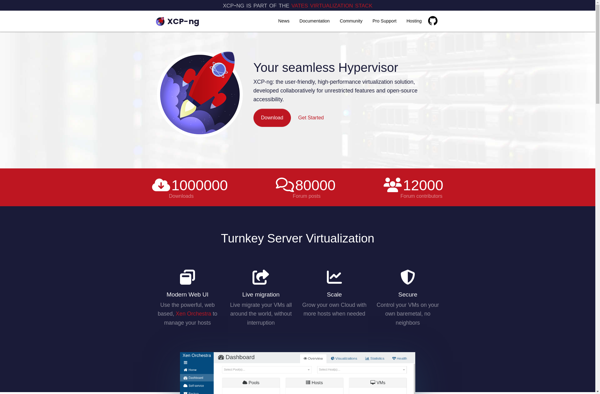
Eucalyptus
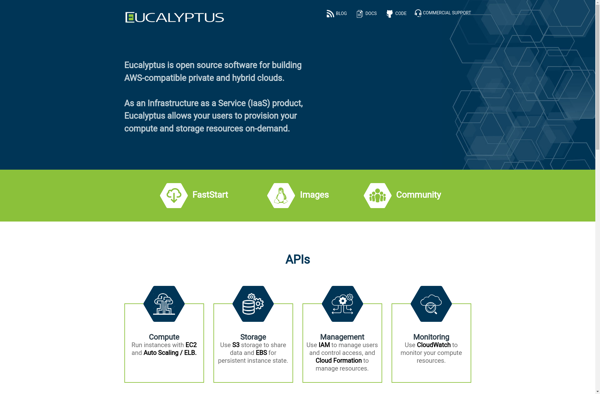
OpenNebula
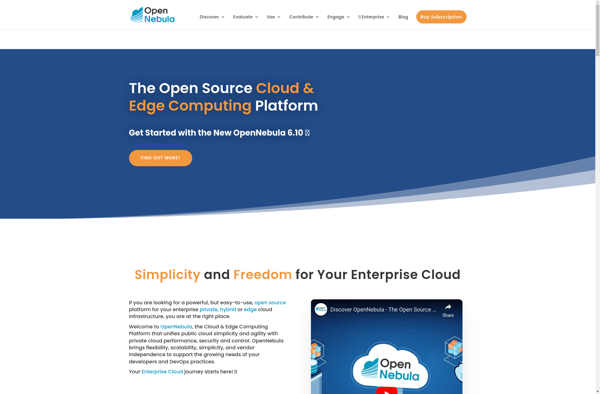
WebFaction

CoreCluster
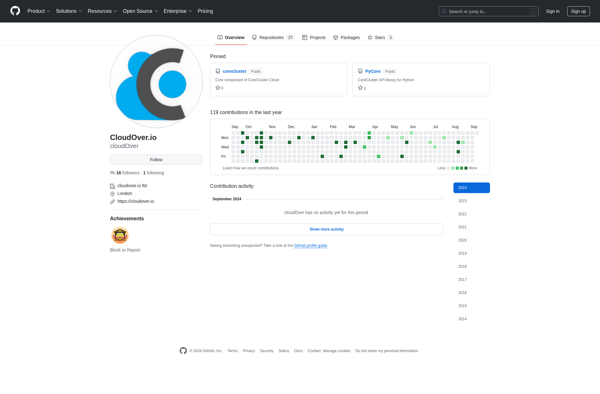
DedicatedCore

Fleio
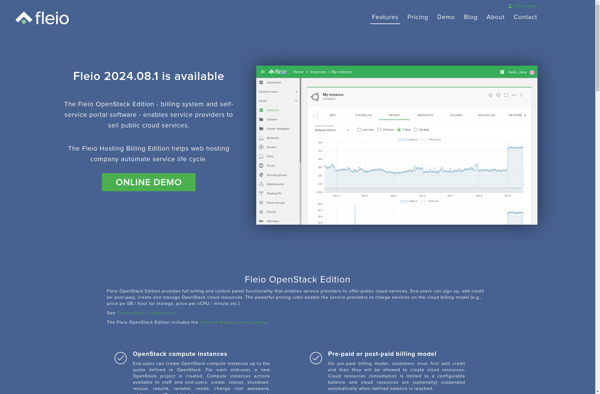
Virtkick
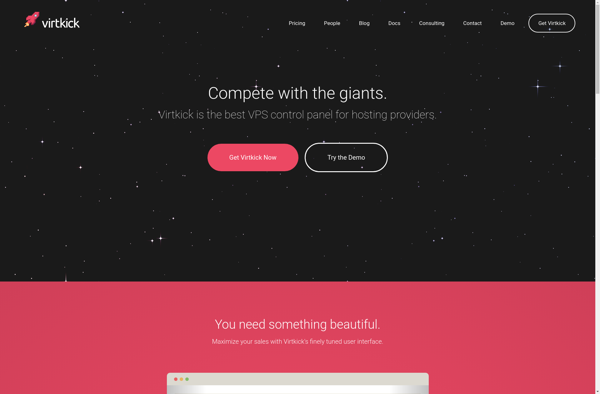
Dediserve

CloudStack

SmartOS
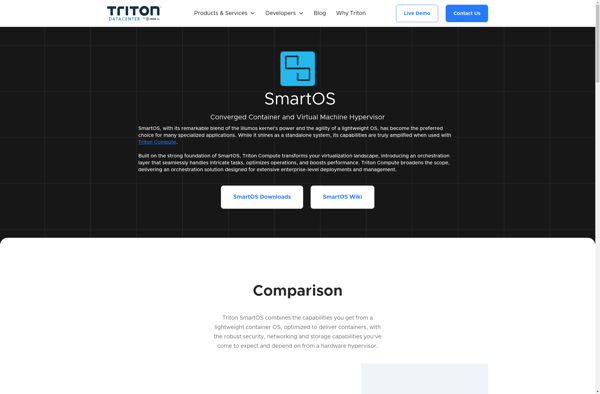
Byet Internet Services

PetiteCloud

Pithos.io
CloudOps
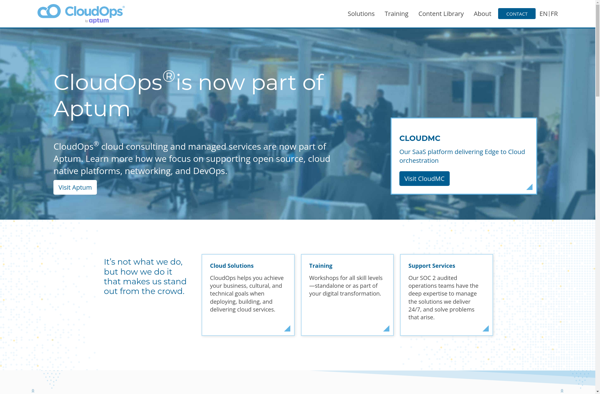
Skytap Cloud
